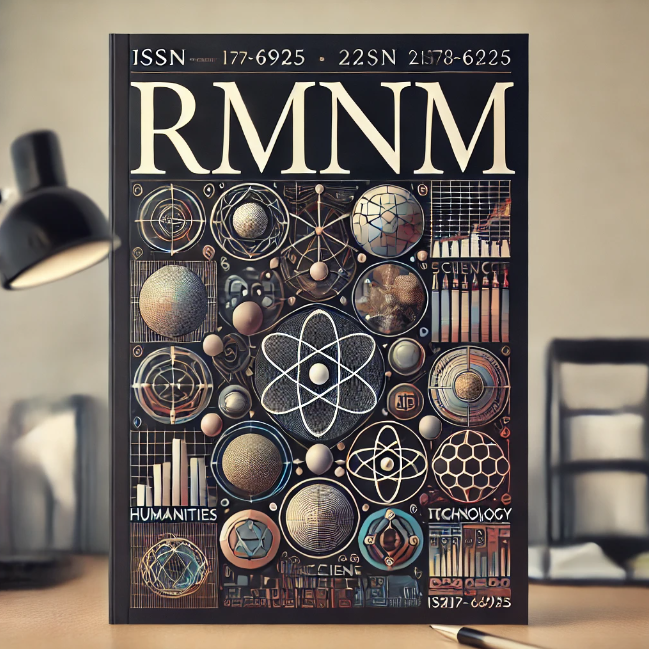one Educational games in teaching mathematics to children with Attention Deficit Hyperactivity Disorder (ADHD)
DOI:
https://doi.org/10.61164/rmnm.v12i4.3267Keywords:
Gaming; Mathematics; ADHD, Development.Abstract
Mathematics is present in the daily lives of children in different ways, often without them realizing it. When they play, measure objects or do math, they are using mathematical concepts. Therefore, it is important to teach mathematics in a playful and fun way, especially for children with Attention Deficit Hyperactivity Disorder (ADHD), who have difficulties maintaining attention. The use of games in mathematics teaching can be an effective solution, because in addition to teaching mathematical concepts, games make learning more engaging, helping to improve concentration and attention. Piaget highlights the importance of play in child development, stating that it is an essential activity for cognitive development. For him, the game allows the child to explore and understand reality in an active way. In addition, games stimulate creativity and problem-solving, essential skills for mathematical learning. Through the game, children develop cognitive and social skills, such as decision-making, organizing strategies and solving challenges, which are fundamental for their intellectual and social growth. The use of games transforms the teaching process, providing more dynamic and interesting learning. Instead of following a traditional and rigid methodology, games offer opportunities for children to learn in a more flexible and enjoyable way. In addition, games contribute to building a positive mindset towards math, making it more accessible and less intimidating, especially for children with ADHD. In this way, teaching mathematics through games is an effective strategy to engage children, improve their focus, and promote integral development.
Keywords: Gaming; Mathematics; ADHD, Development.
References
BARBOSA, Maria José Fagundes; CAMARGO, Joseli Almeida. TDAH e Matemática: Implicações na prática escolar. XII Encontro Nacional de Educação Matemática, p. 1-12, 2016.
CERQUETTI-ABERKANE, Françoise e BERDONNEAU, Catherine. O ensino da matemática na educação infantil. Tradução Eunice Gruman. Porto Alegre: Artmed, 1997.
CORTEZ, Marilene Tavares; PINHEIRO, Ângela Maria Vieira. TDAH e escola: incompatibilidade. Paidéia, 2018.
MACEDO, Luciana Maria de Souza. Professores de Matemática nas Trilhas do processo de ensino e aprendizagem de crianças com TDAH. 2016.
Ministério da educação. Disponível em: <https://www.educacao.sp.gov.br/a2sitebox/arquivos/documentos/1039.pdf> Acesso em: 20 setembro de 2024.
GONÇALVES, Fátima. Do andar ao escrever. São Paulo: Ed. Cultural RBL, 2007.
KISHIMOTO, T.M. (Org.). Jogo, brinquedo, brincadeira e educação. São Paulo: Cortez, 2001.
SMOLE, K. S. DINIZ, M. I. CÂNDIDO. P. Jogos de matemática de 1° a 5° ano. Porto Alegre: Artmed, 2007.
Downloads
Published
How to Cite
Issue
Section
License
Copyright (c) 2024 Revista Multidisciplinar do Nordeste Mineiro

This work is licensed under a Creative Commons Attribution-NonCommercial-ShareAlike 4.0 International License.




